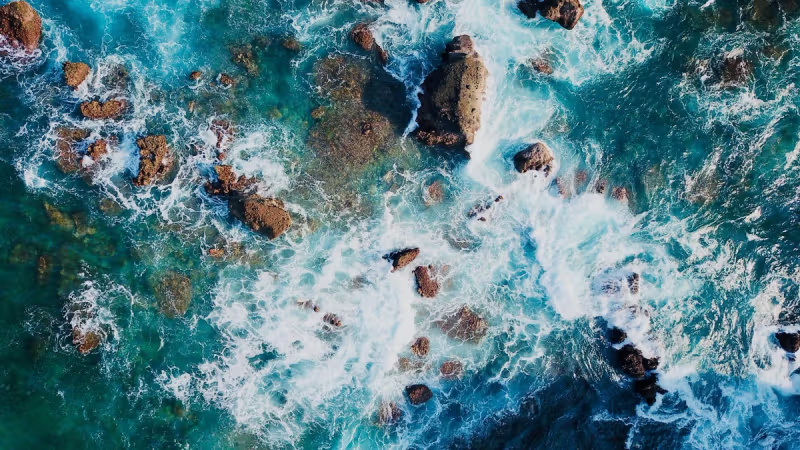Sustainability
At Bamboo Sushi, we thoughtfully consider our impact on people, place, and planet.
From transparency in our sourcing practices to supporting our employees and enriching the communities we live in – our mission is to be a restaurant of purpose. In 2008, Bamboo Sushi became the world’s first certified sustainable sushi restaurant. Today, we proudly contribute 1% of our sales of the Green Machine Roll and our Sushi Boards to environmental nonprofits who are leading the way in preserving and restoring critical fisheries, watersheds and ecosystems.
Featured Purveyors





Found only in the pristine clear waters off the coast of Western Australia, Fremantle Octopus’ is MSC certified, sustainably wild caught, meticulously handled, and guaranteed to be 100% natural with no additives or preservatives. The succulent flavor and texture of Fremantle Octopus emanates from its diet of green lip and brown lip abalone, western rock lobster, blue swimmer crabs, prawns, scallops, and small fish. Fremantle Octopus is more than MSC certified sustainable seafood – it represents Fremantle’s deep passion for the ocean, their commitment to quality, and the power of provenance.




At Big Glory Bay, conditions couldn’t be more perfect for raising New Zealand King Salmon (aka Chinook) in glorious isolation. The pure waters of the bay are constantly refreshed by cold currents, keeping the temperature at a chilly 54°F. This means the salmon grow slowly and are harvested at the peak of their condition to deliver a rich, smooth flavor, with a buttery melt-in-the-mouth texture. Big Glory Bay’s “sea to service” farming and processing operations, with less fish per pen than most other salmon farms, meet the rigorous Best Aquaculture Practices (BAP) certification standards. They have also been awarded a green “best choice” rating from Seafood Watch at Monterey Bay Aquarium.




Pacific Seafood is committed to sustainable fishing practices that protect wild capture fisheries and ensure stocks long into the future. Seven years ago Positively Groundfish, a dedicated group of industry advocates was formed, and Pacific Seafood joined a partnership of fishers, processors, environmental advocates, academic researchers, and state agencies on a mission to revitalize the West Coast’s Black Cod fishery. Today it’s more abundant than ever. Through effective management, sustainable practices, and industry cooperation, the fishery has evolved from near extinction to thriving and achieving MSC certification in 2014.




In the clear, blue waters near Keahole Point in Kona, Hawaii, Blue Ocean Mariculture responsibly raises indigenous Hawaiian kanpachi, a fish unmatched in quality, extraordinary taste, and versatility. Founded in 2009, Blue Ocean Mariculture has spurred a sea change in the way fish are raised, casting off the limitations of traditional fish farming in pursuit of responsibly producing and delivering the meroir of the Hawaiian Islands. Blue Ocean Mariculture raises kanpachi in their natural environment, the open ocean, at depths and temperatures ideal for their natural biology. Blue Ocean Mariculture’s conscious approach is built to improve the marine environment while responsibly safeguarding “the blue economy” for future generations.




Based in the Dutch province of Zeeland, Kingfish Zeeland taps into the pristine marine estuary water of the Eastern Scheldt, a Natura 2000 nature reserve, to deliver a healthy, antibiotic-free premium delicacy: the Dutch Yellowtail. A ‘Green Choice’ recommended by the good Fish Foundation, Kingfish Zeeland is the world's first and only ASC (Aquaculture Stewardship Council) and BAP (Best Aquaculture Practices) certified source of Seriola Lalandi also known as Yellowtail Kingfish, or Hiramasa.




Partnerships and Certifications
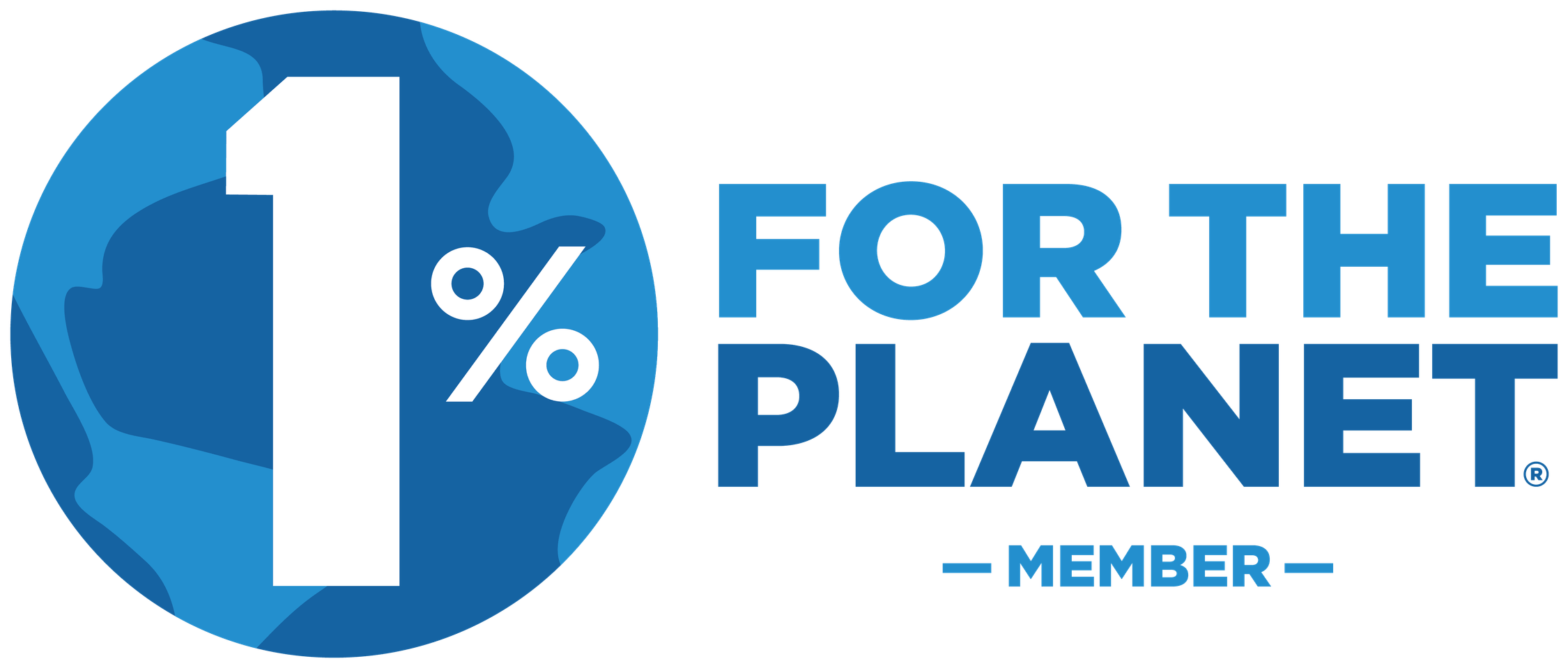
1% For the Planet
One Percent for the Planet is an international organization whose members contribute at least one percent of their annual sales to environmental causes. Their mission is to build, support and activate an alliance of businesses financially committed to creating a healthy planet.
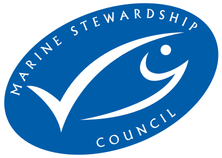
Marine Stewardship Council
The Marine Stewardship Council (MSC) is the world’s leading independent third-party certification and eco-labeling program for sustainable seafood. We use their guidelines for sustainable fishing and seafood traceability to set a new standard for our industry.
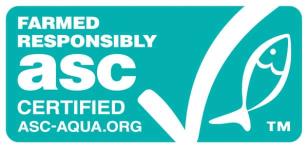
Aquaculture Stewardship Council
The Aquaculture Stewardship Council (ASC) runs a program to transform the world's seafood markets and promote the best environmental and social aquaculture performace. Much like the MSC, we relay on their guidance to make educated and informed decisions surrounding aquaculture.
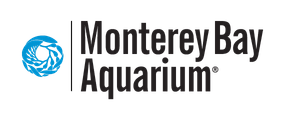
Monterey Bay Aquarium
Our sourcing begins with an understanding of individual ocean population health driven by Monterey Bay Aquarium’s Seafood Watch Program. Their guidelines provide the most comprehensive guidelines available for sustainable seafood choices. Monterey Bay Aquarium.

Freshwater Trust
The Freshwater Trust protects and restores freshwater ecosystems. Using science, technology and incentive-based solutions, they’re changing the course of conservation on a timeline that matters.

Surfrider Foundation
In response to increased pollution in the coastal zone and the ocean gyres, the Surfrider Foundation created the Ocean Friendly Restaurants program. This program aims to educate consumers and promote restaurants that are making a difference in protecting our ocean, waves and beaches.

SOLVE
SOLVE’s mission is to bring Oregonians together to improve our environment and build a legacy of stewardship. They work to improve the health and safety of our neighborhoods and natural areas, including our coast, rivers, parks and forests.

Wild Salmon Center
Wild Salmon Center is the leading group working to protect the strongest wild salmon rivers around the entire North Pacific. When you protect salmon, you protect a whole watershed and everything in it, including people.
